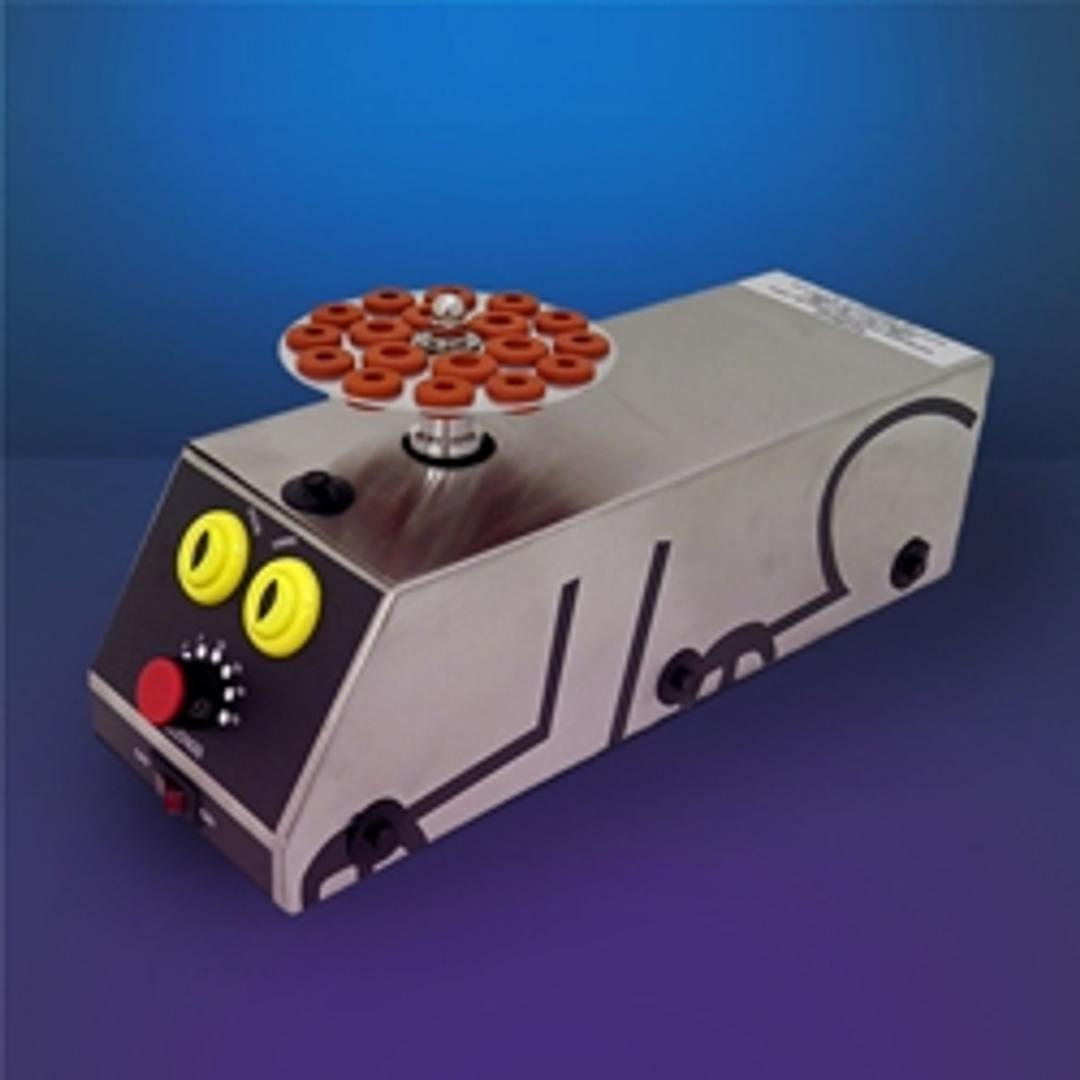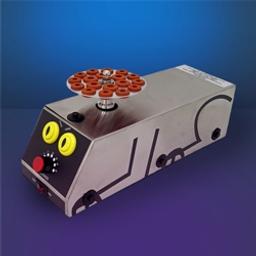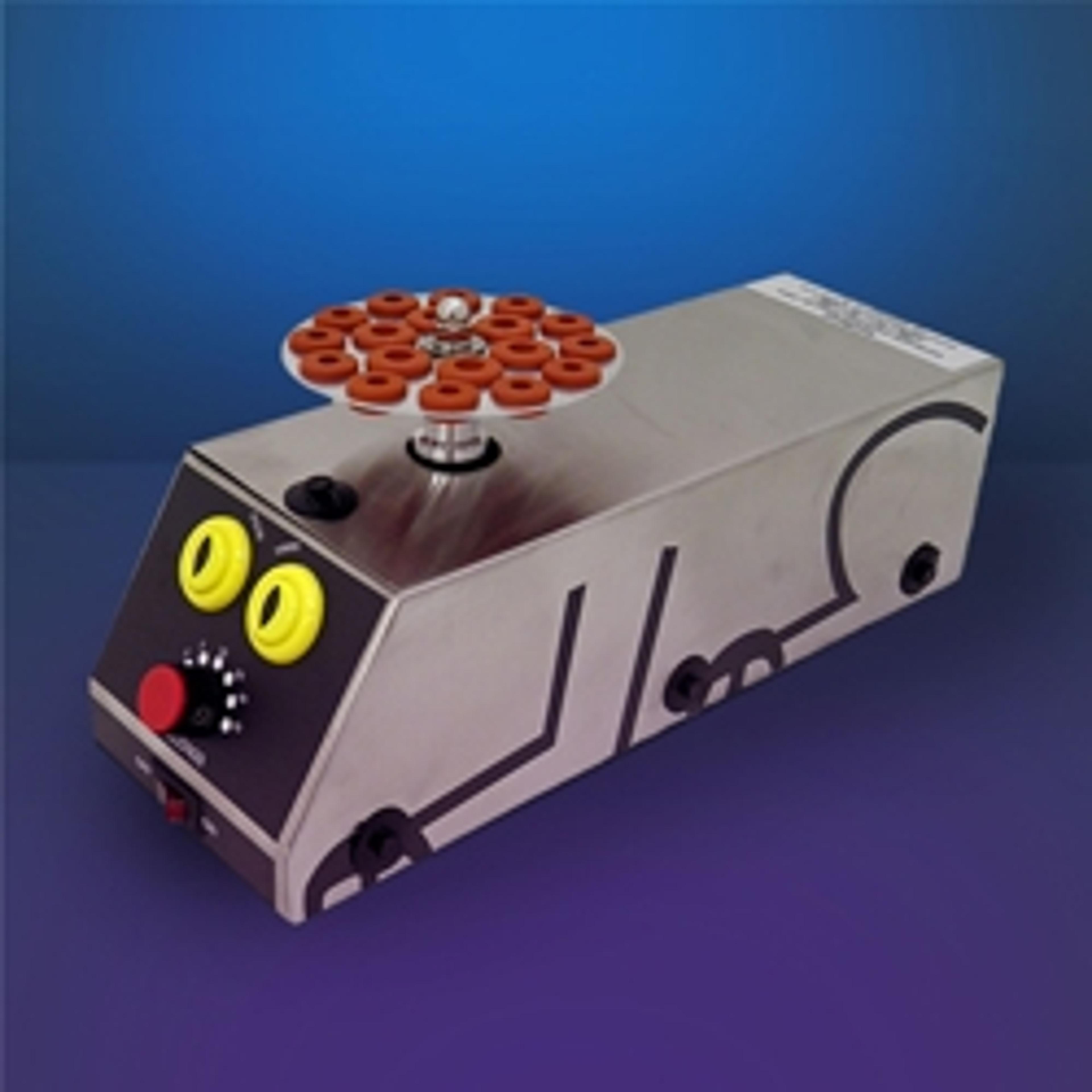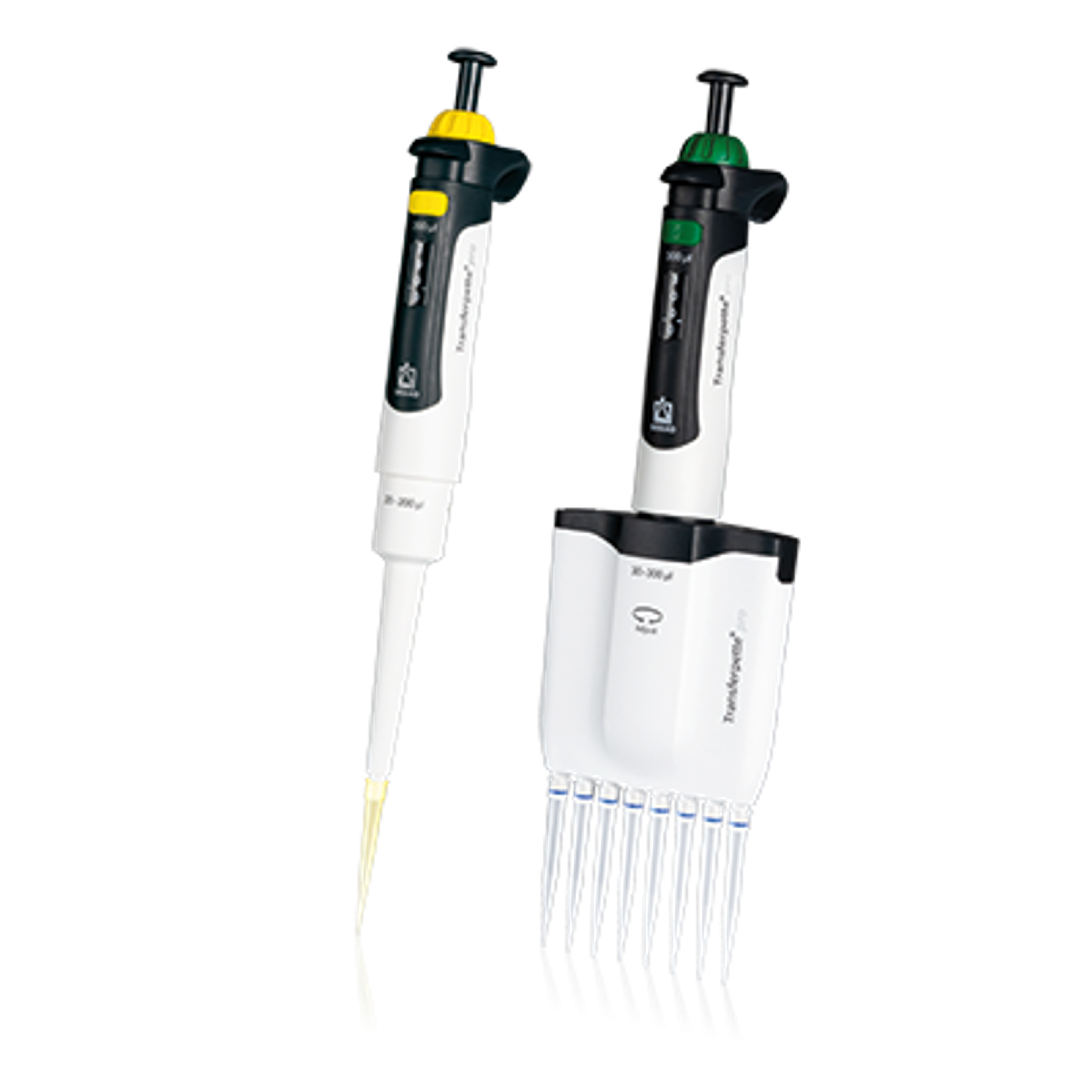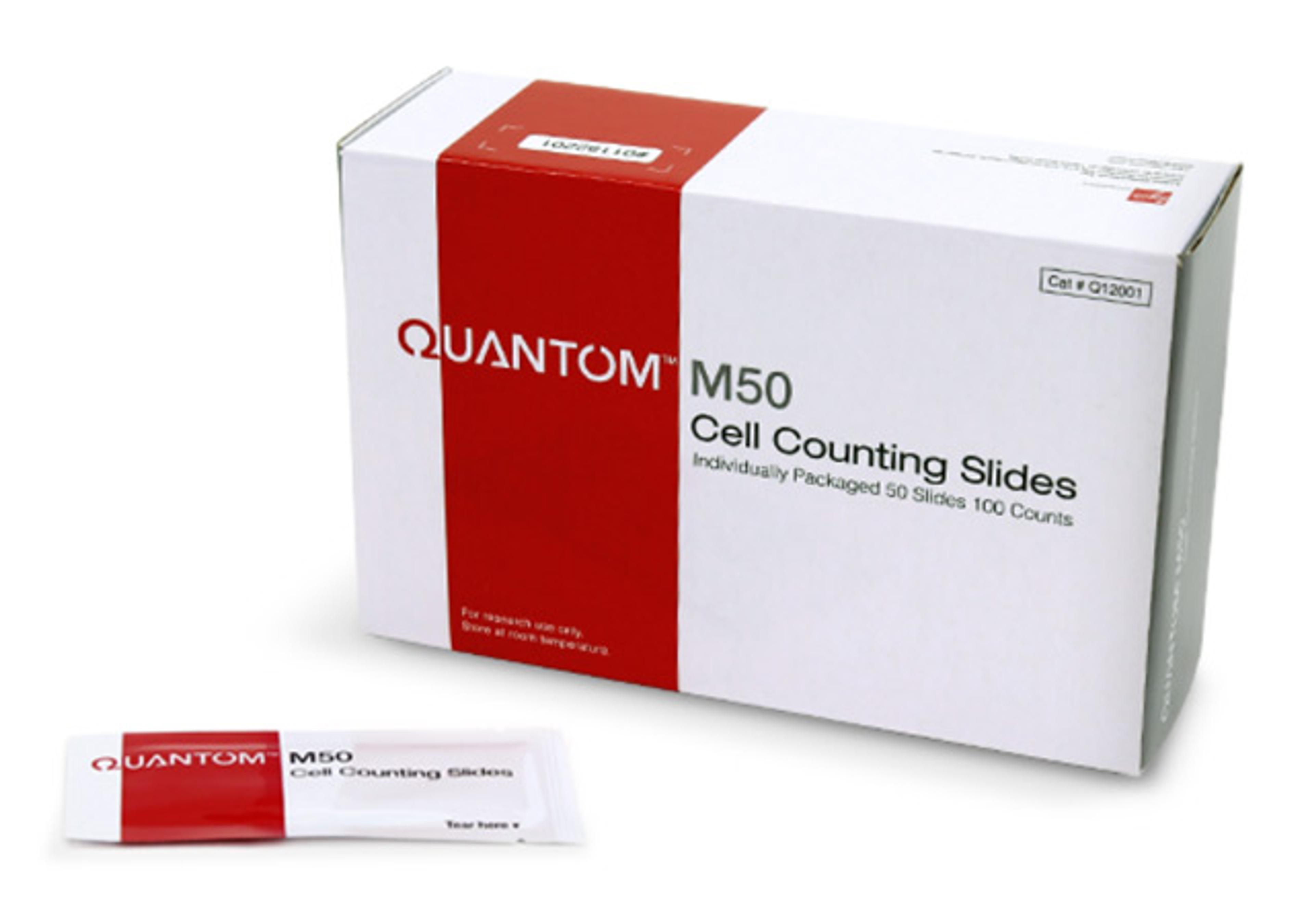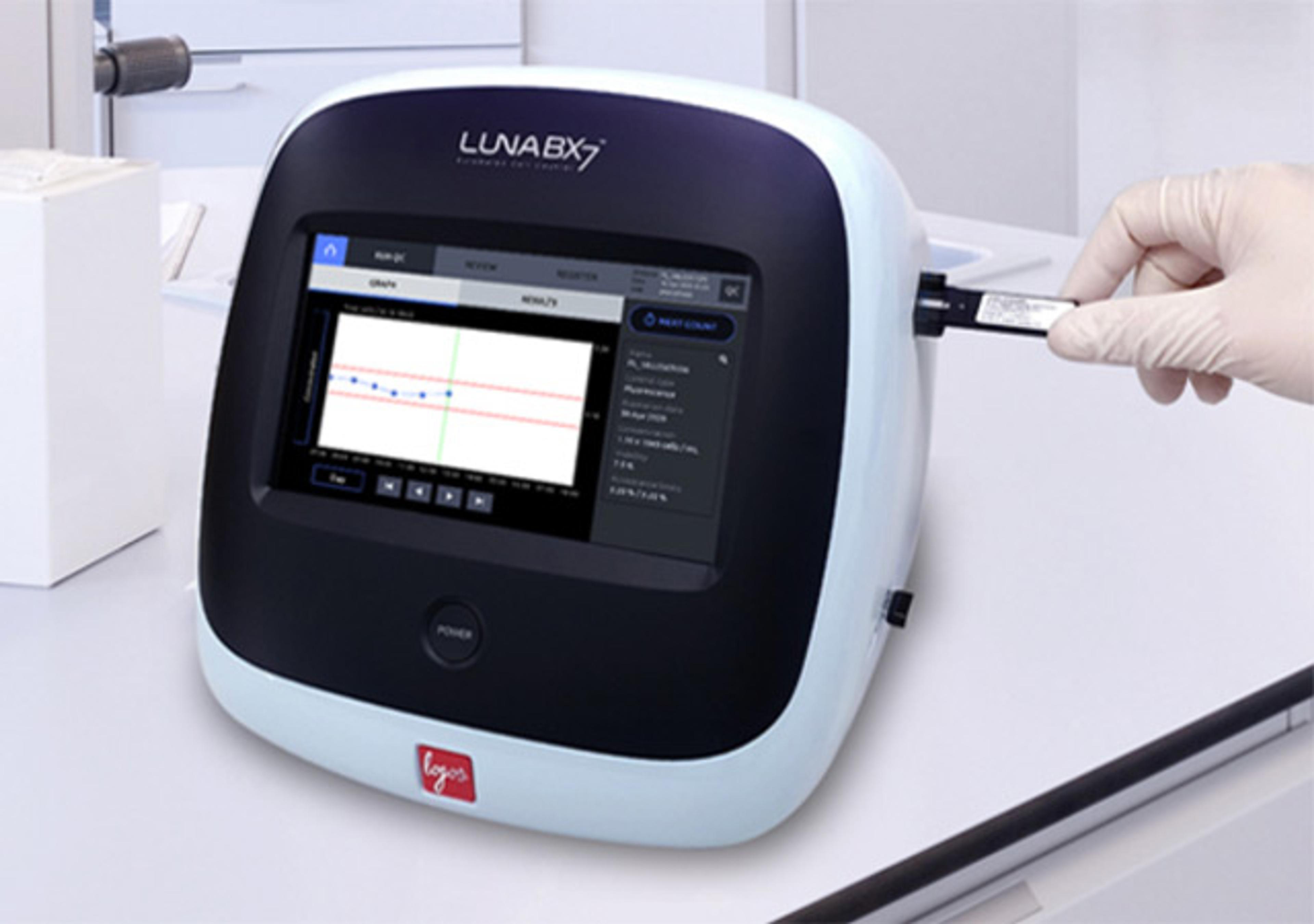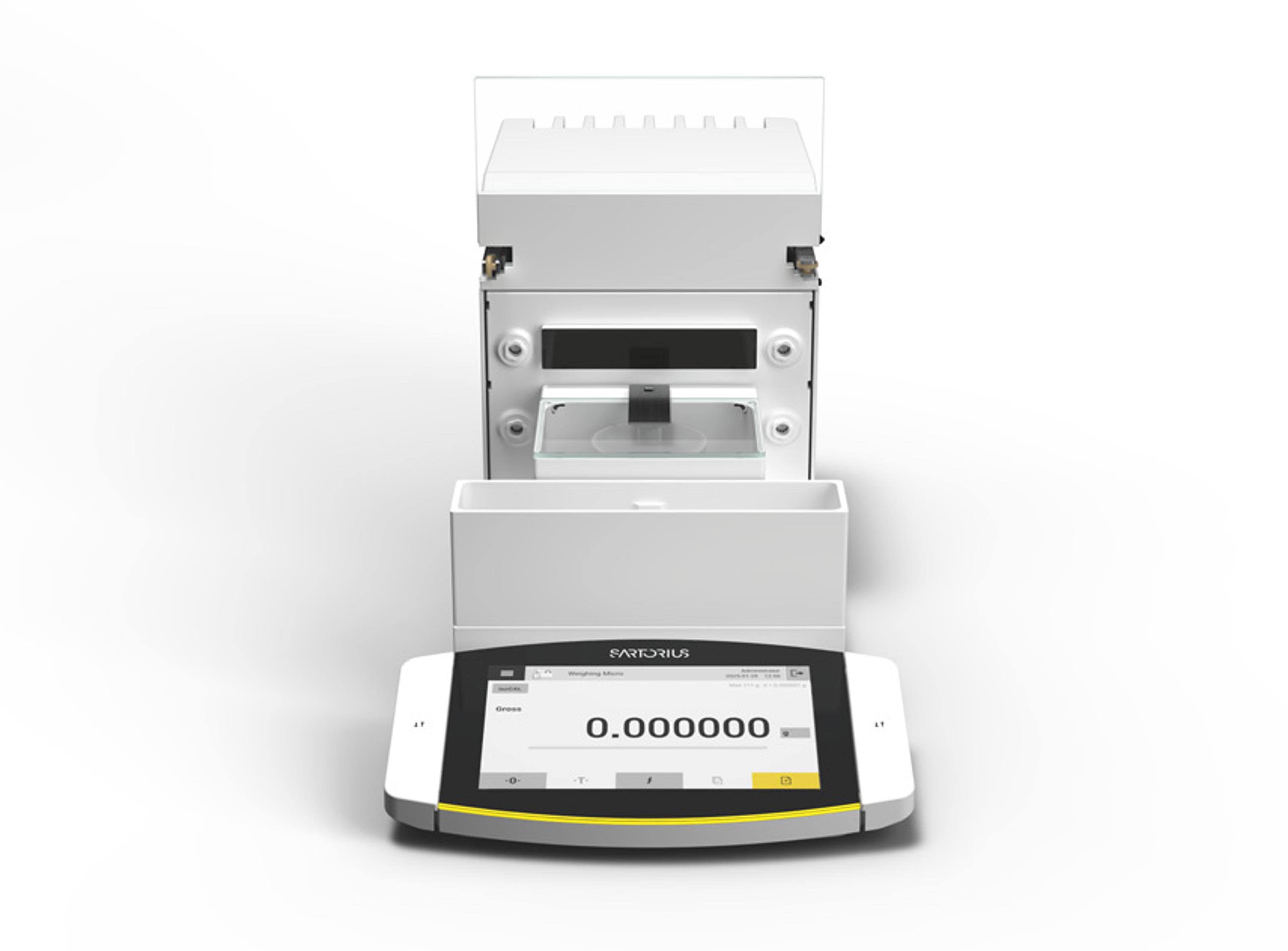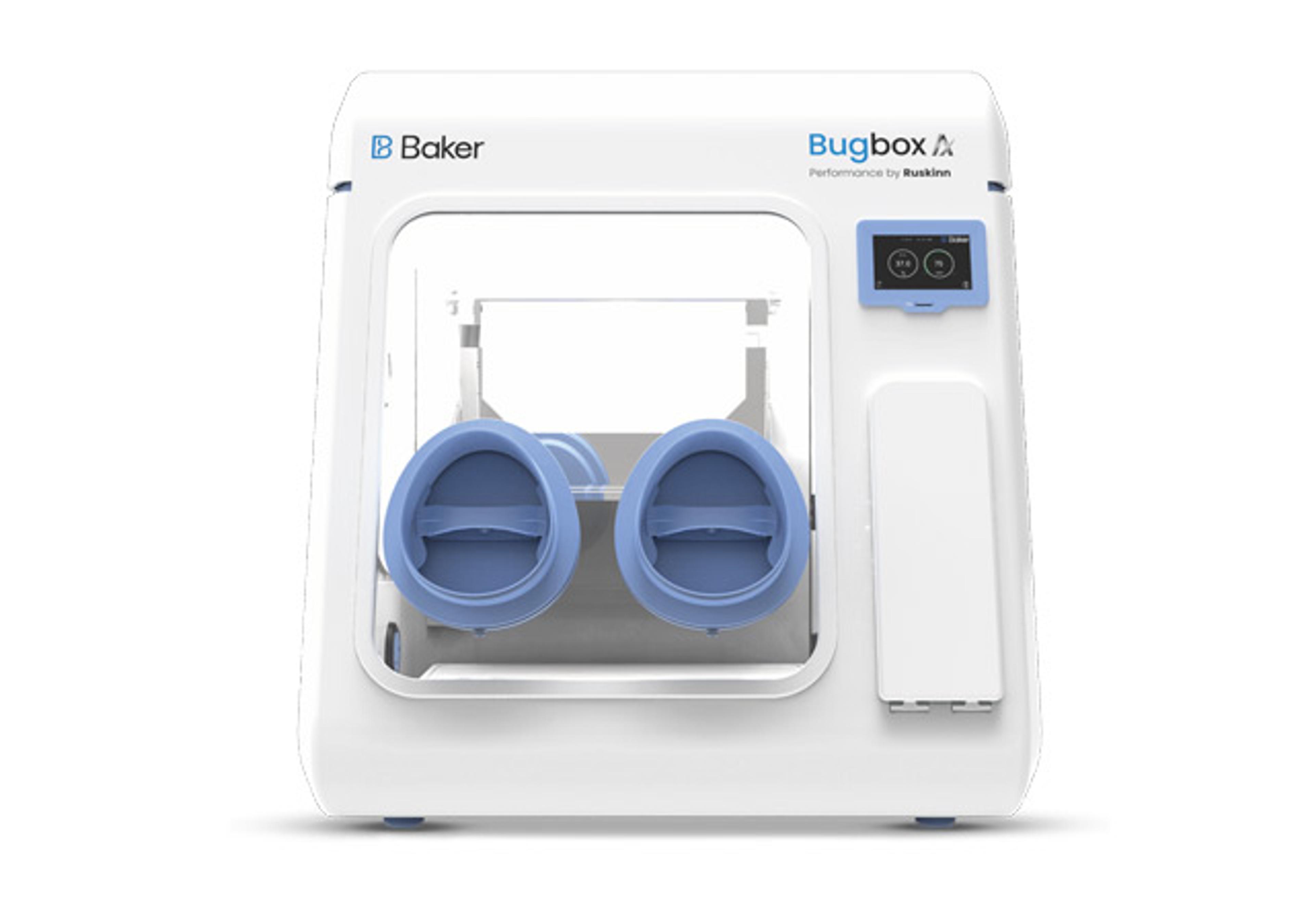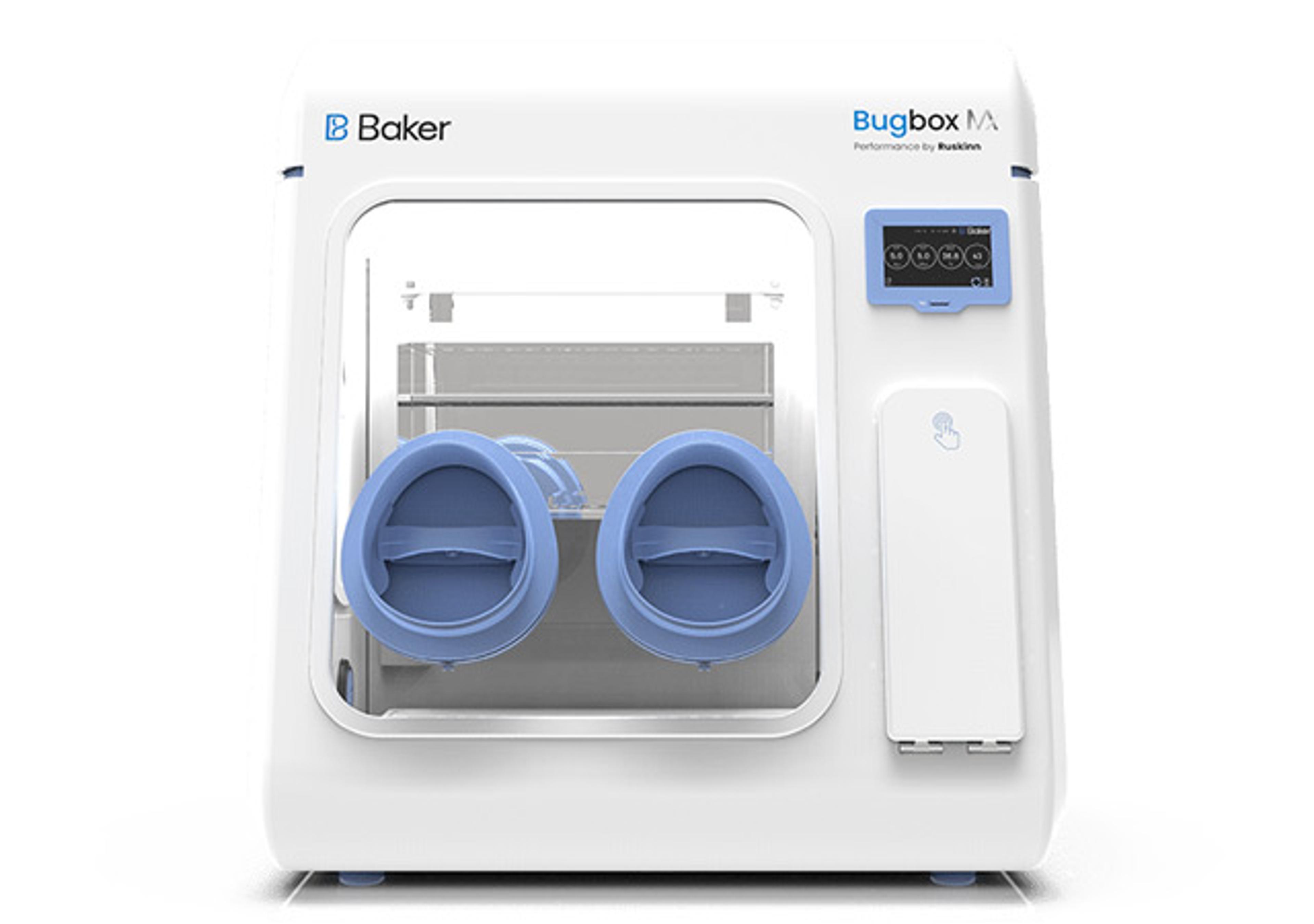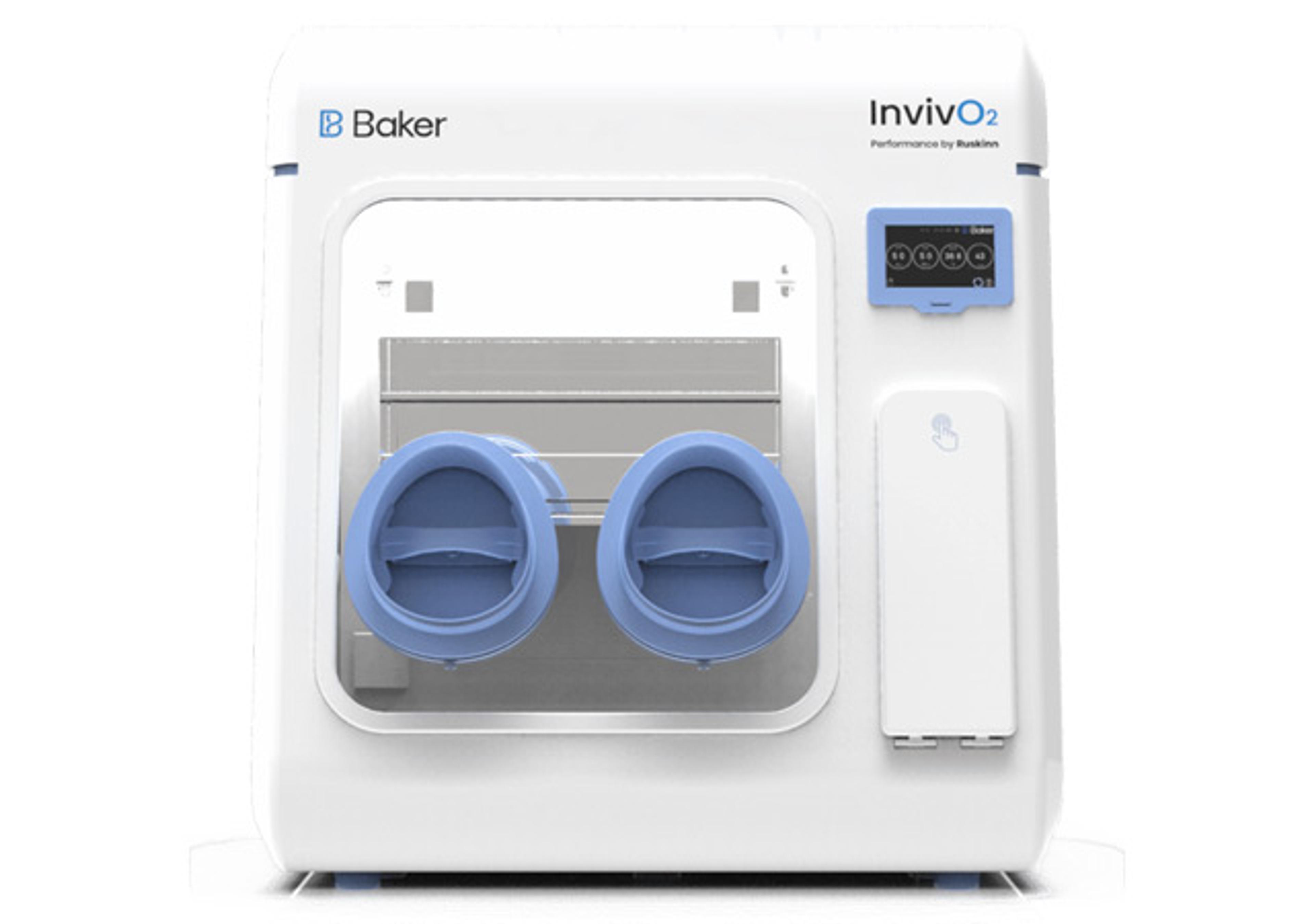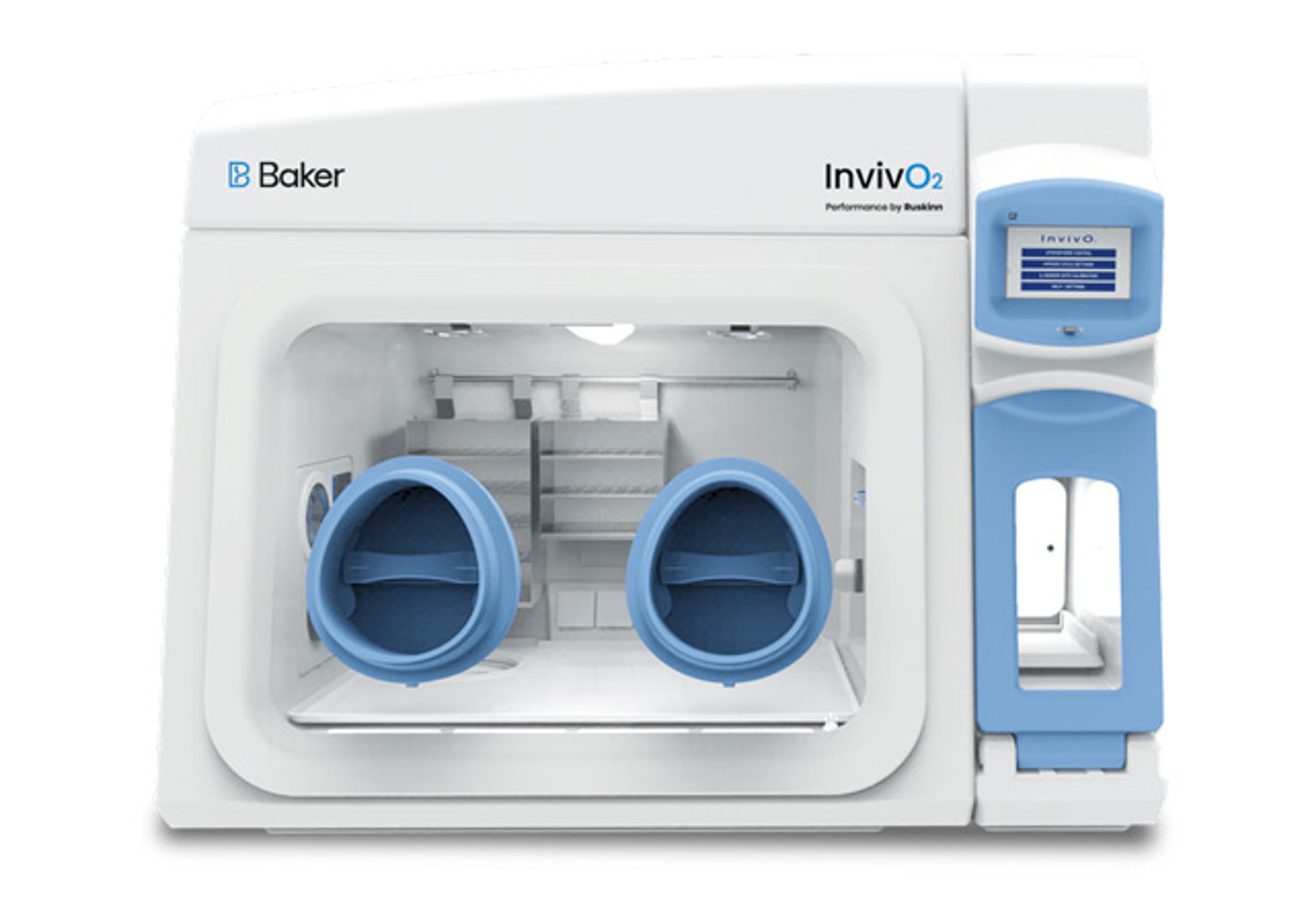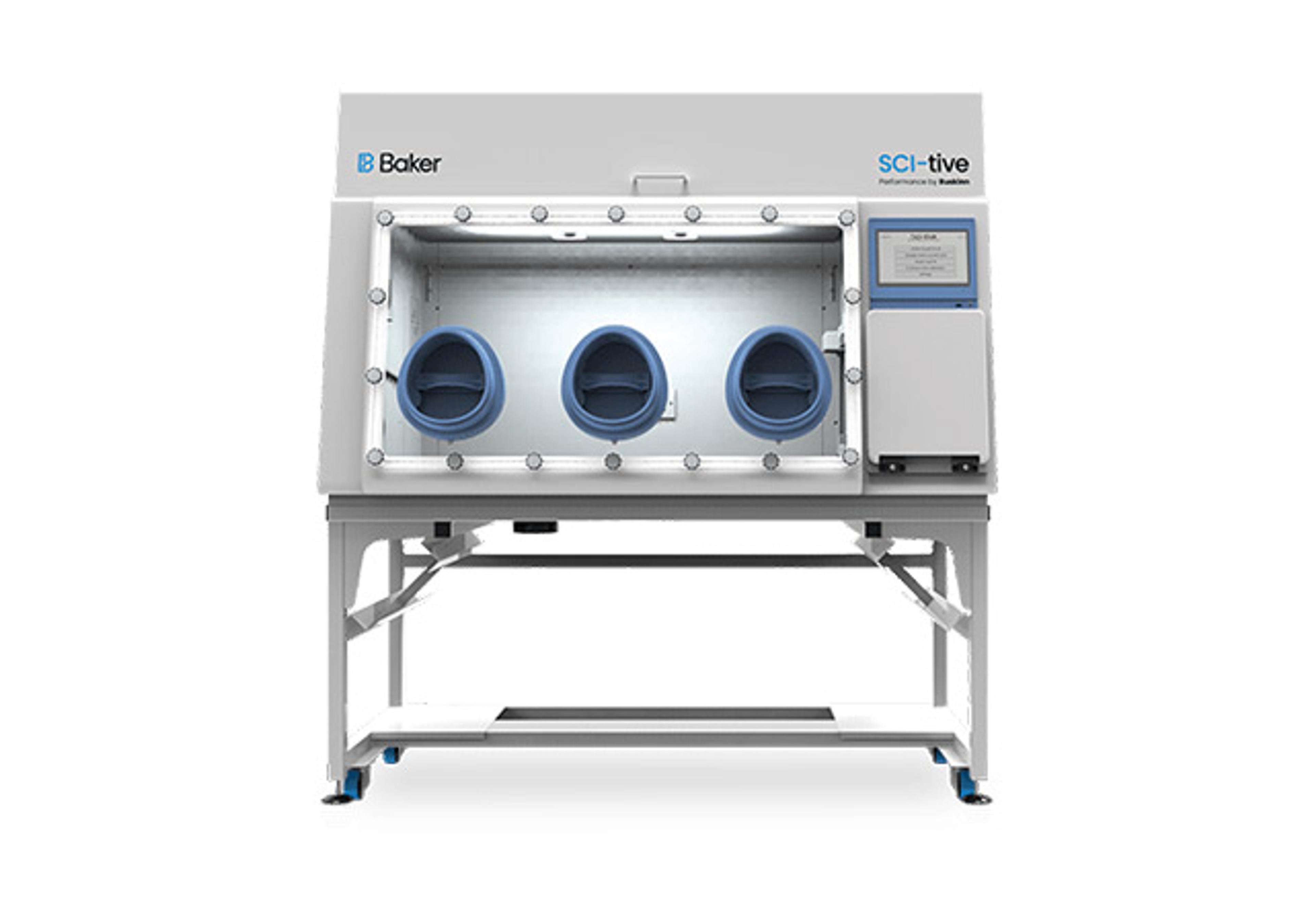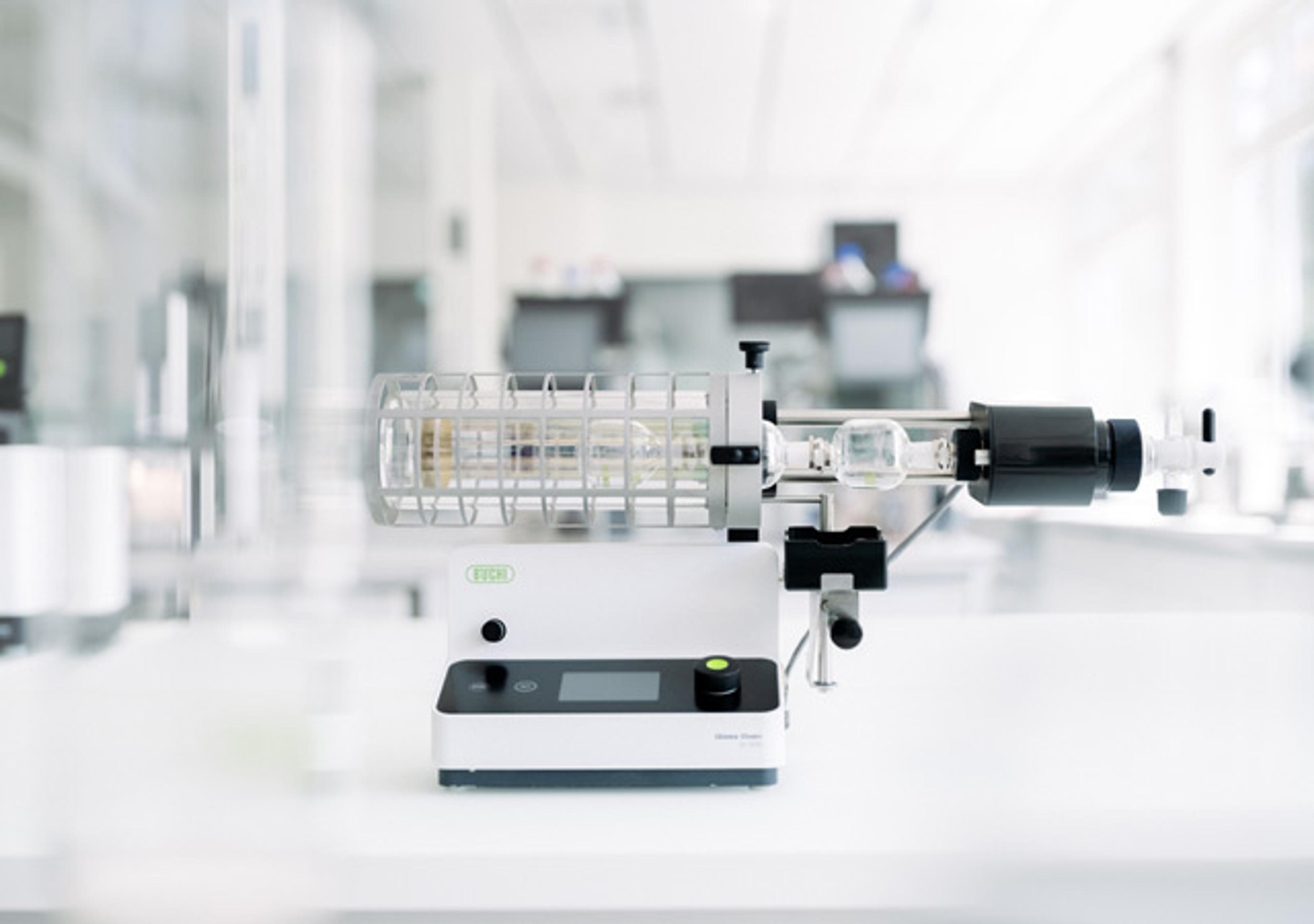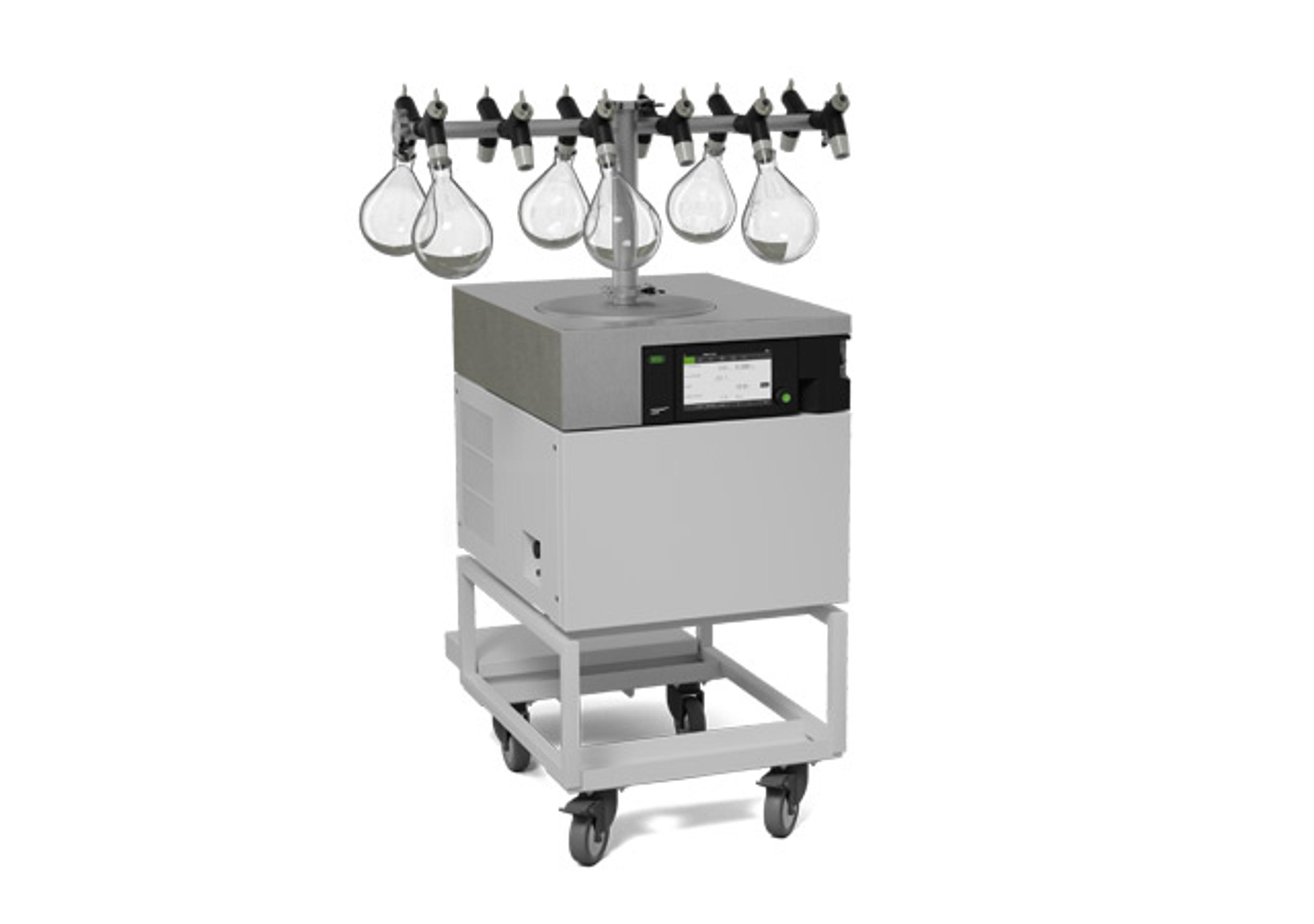SoniBeast
The SoniBeast™ is our newest addition to our stable of high energy BeadBeater cell disruptors. Small samples of tissue or cells are completely disrupted in seconds rather than minutes. It processes up to twelve 0.6 ml locking-cap PCR microtubes, each containing 1-100 mg of sample, or three 2 ml microvials each containing 10-400 mg sample. The SoniBeast is designed for wet milling in water-based media. Common applications are…

The supplier does not provide quotations for this product through SelectScience. You can search for similar products in our Product Directory.
The SoniBeast™* cell disrupter homogenizes both microorganisms and plant and animal tissue using the smashing action of colliding ceramic beads (commonly called beadbeating). It departs from contemporary beadbeater machines by oscillating microtubes at a rate of 20,000 oscl/min. 5 to 50 times faster than currently available beadbeating machines.
As expected, cell disruption occurs much faster when beads inside the tubes are moving at extraordinarily high rates. Disruption is completed in a few seconds rather than minutes. Faster disruption times favor higher quality and yields of nucleic acids and proteins because all cells in a tissue sample reach the protection of the extraction media much quicker. The operation of SoniBeast cell disrupter has also been simplified compared to conventional beadbeaters. The machine is operated by the push of a single button. No required manual clamping of tubes or vials onto the machine is required and the physical location of vials remain unchanged from the starting point. Thus, the SoniBeast is the first high-efficiency bead-mill cell disrupter offering compatibility with robotic systems.
The SoniBeast's tray capacity is one to twelve 0.6 ml locking-caz PCR microtubes, each containing up to 100 mg of sample. Closer to the axis of the machine is an inner ring having three positiions that hold larger 1.5 or 2 ml microvials capable of processing up to 400 mg of sample. Samples in these larger microvials are lysed under milder grinding conditions typical of earlier published beadbeating protocols.

